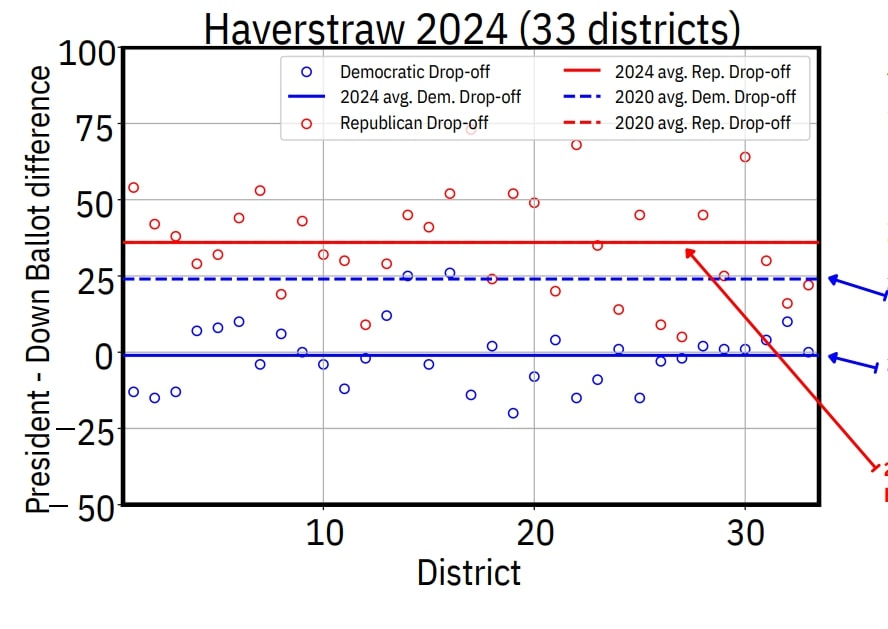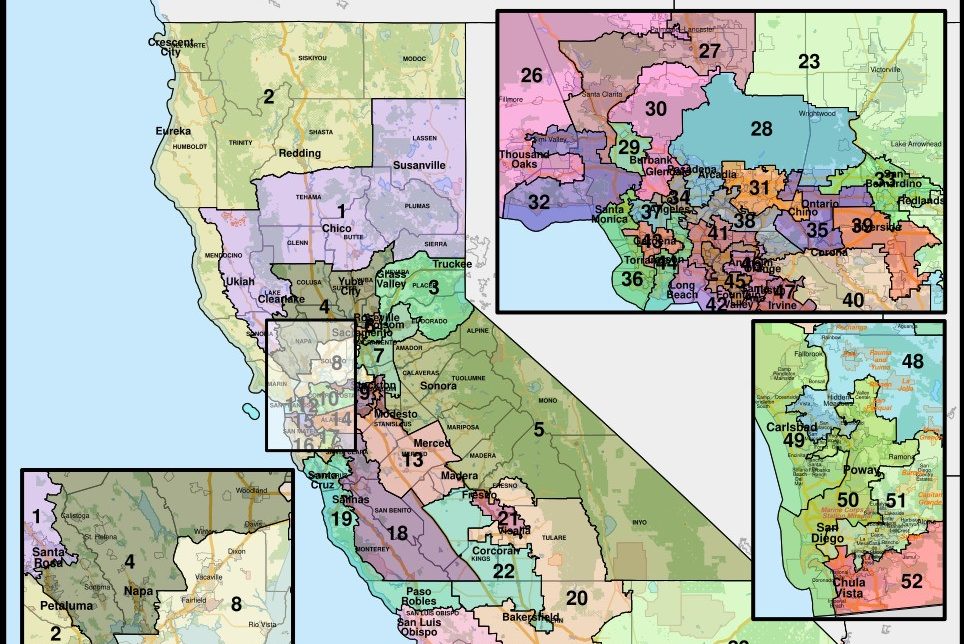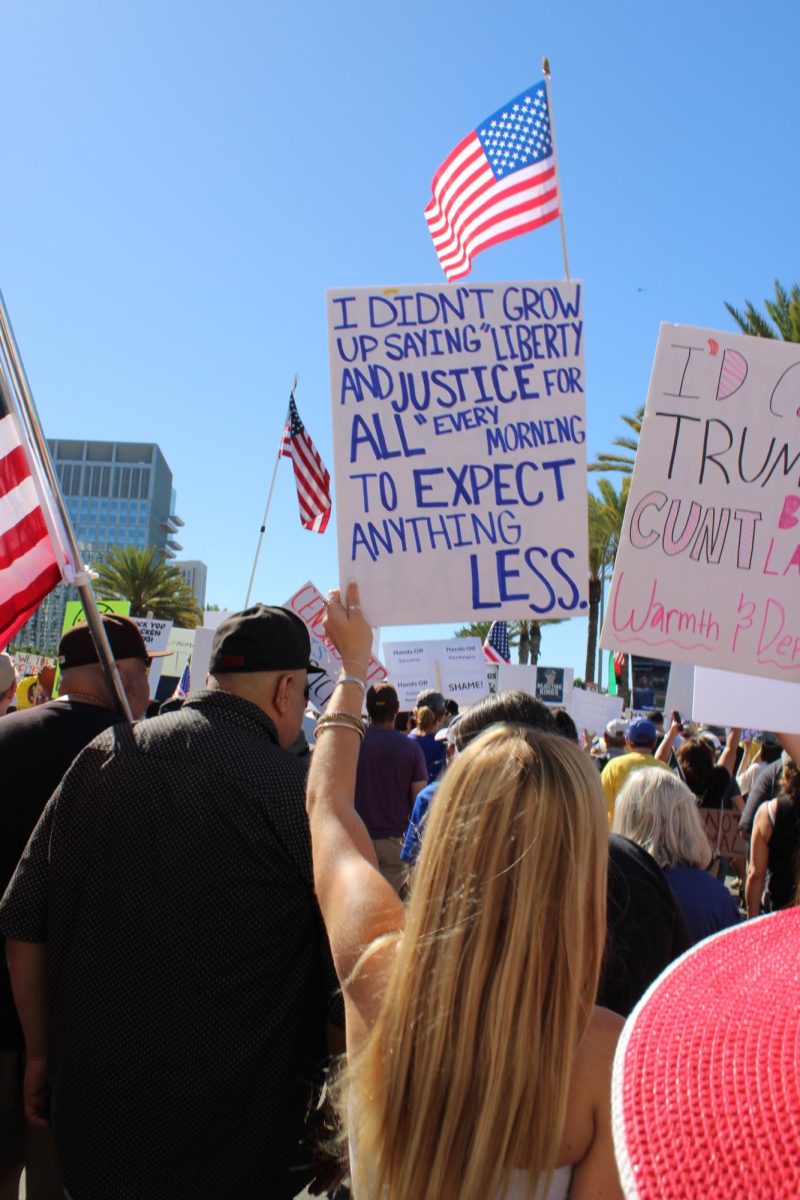Across the U.S, lawsuits and recount requests are being filed for the 2024 presidential election, with evidence showing absentee ballots going uncounted. Although the final tally was almost a year ago, voting results are still being reviewed for misconduct, raising questions about the integrity of the voting process and the accuracy of the results. Ongoing lawsuits in Rockland, N.Y and Madison and Dane County, Wisconsin allege that a substantial number of absentee ballots were improperly rejected or went uncounted altogether.
In Rockland, N.Y., a class action lawsuit was filed by the lead plaintiff, SMART Legislation, the action arm of SMART Elections, a nonpartisan watchdog group. SMART Elections claims to be “The most comprehensive, nonpartisan, data-based election verification program in U.S history.” They made six official claims, and the case is now in the discovery period.
Firstly, they claim that the vote count was invalid based on affidavits from individuals who swear they voted for independent Senate Candidate Diane Sare, but their votes didn’t appear on the final voting tally posted by the County Board of Elections. Sare received eight votes total in two precincts, but these affidavits suggest there should be a total between 9-14 votes. Although a small difference, especially when other candidates received over 300 votes, it alludes to errors or malfunctions in the ballot counting process.
Another claim suggests a larger plot. With the help of a statistical analysis, SMART claims that the election results are statistically improbable. They argue that the distribution of votes among certain candidates deviated significantly from historical voting patterns in the area, suggesting potential tampering or systematic issues in the vote-counting process. According to Max Bonamente, Ph.D., “These data would require extreme sociological or political causes for their explanation, and would benefit from further assurances as to their fidelity.” The statistical analysis reveals irregularities, like a P value of zero for the democratic votes in all four towns where the 2020 and 2024 election results were compared. A P value is the probability of obtaining test results at least as extreme as the actual results. “A P value of zero is statistically significant.” This shows that the difference in democratic voting patterns is highly unlikely, which could suggest manipulation rather than random chance, further fueling concerns among voters about the election’s integrity.
In their third claim, SMART Election points a finger towards voting machines. They claim that Election Systems & Software (ES&S) submitted a sketchy software change and that Pro Verification & Validation (Pro V&V), the test lab, broke rules to approve it. The theory doesn’t specify how the change was actually problematic, or why everyone decided to make it. In the next three claims, SMART says that the Uninterruptible Power Supply (UPS), which is commonly used to supply voting machines with backup power, has been used by a conspiracy of political operatives to hack voting machines, drawing connections to Artificial Intelligence (AI) and satellites.
Another election-based lawsuit has popped up in Wisconsin as the non-profit law firm Law Forward, along with its co-counsel Holwell Shuster & Goldberg LLP, filed a class action lawsuit on behalf of disenfranchised voters against the City of Madison and Dane County.
During the 2024 election, Madison election officials made a series of errors that prevented 193 absentee ballots from being counted on Election Day. Once the missing ballots were discovered, no officials took action to get these votes added before the election certification.
The voters are seeking monetary compensation, something not typical in election error cases. In a statement, Scott Thompson, an attorney with the plaintiffs for Law Forward, said, “These voters deserved better. In Wisconsin, we value the right to vote, and there will be consequences when that right is denied.” The incident has led to the city clerk’s suspension and resignation, investigations on both the city and state levels, and orders from the Wisconsin Elections Commission that require the city to establish new voting and vote-counting procedures. The lawsuit is expected to play out over the next few months.
While these legal battles unfold, the narrative surrounding the 2024 presidential election is shifting. Experts warn that these lawsuits and allegations of uncounted ballots might deepen existing divides, further eroding public trust in the electoral process. While some citizens are demanding greater scrutiny and reform, others feel that the continuous exploration of “voter fraud” undermines the very democratic principles that the nation upholds.
As the discovery periods continue for lawsuits across the country, the impact on voter sentiment remains uncertain. With the clock ticking down on the upcoming California special election on Prop. 50, the conversation surrounding uncounted ballots and voting skepticism will play a significant role in shaping the political landscape moving forward. The outcome of these legal challenges could redefine election integrity measures, impacting generations of voters to come.








